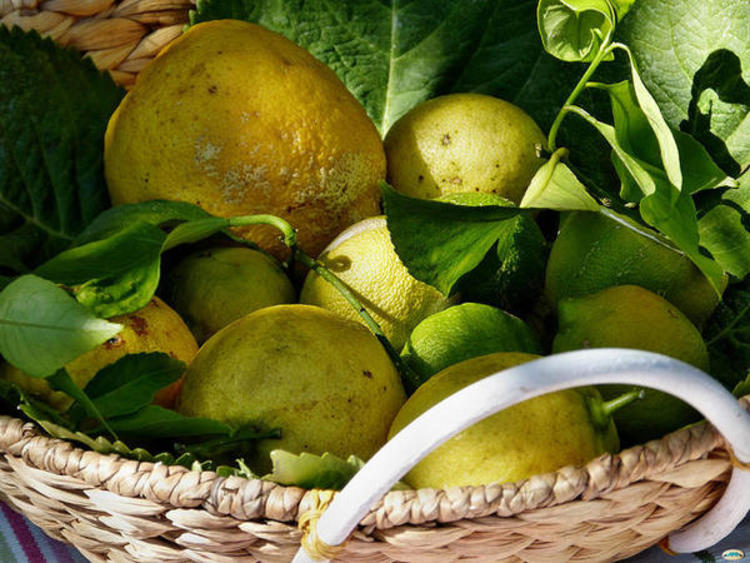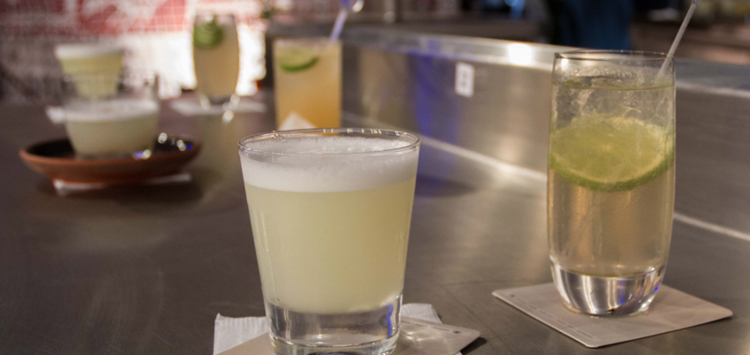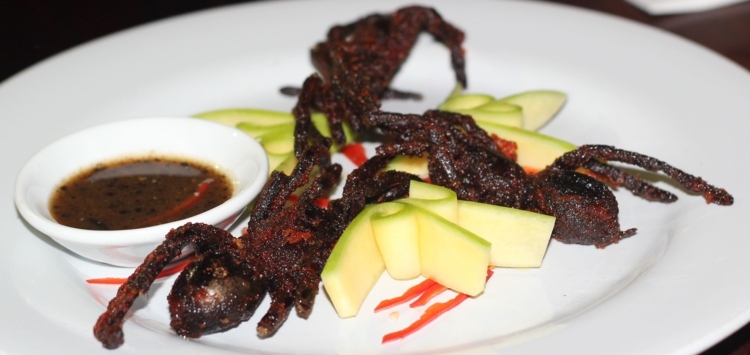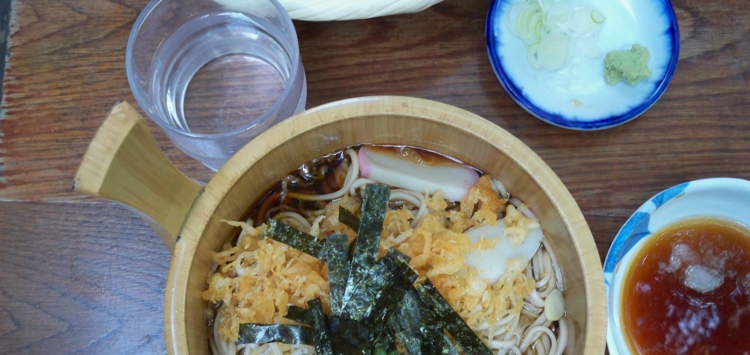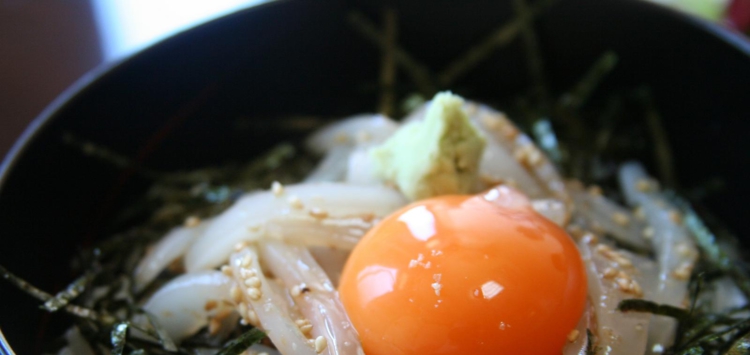Et vive le goût amer de l'Italie !
Published: 04/09/2015 12:00
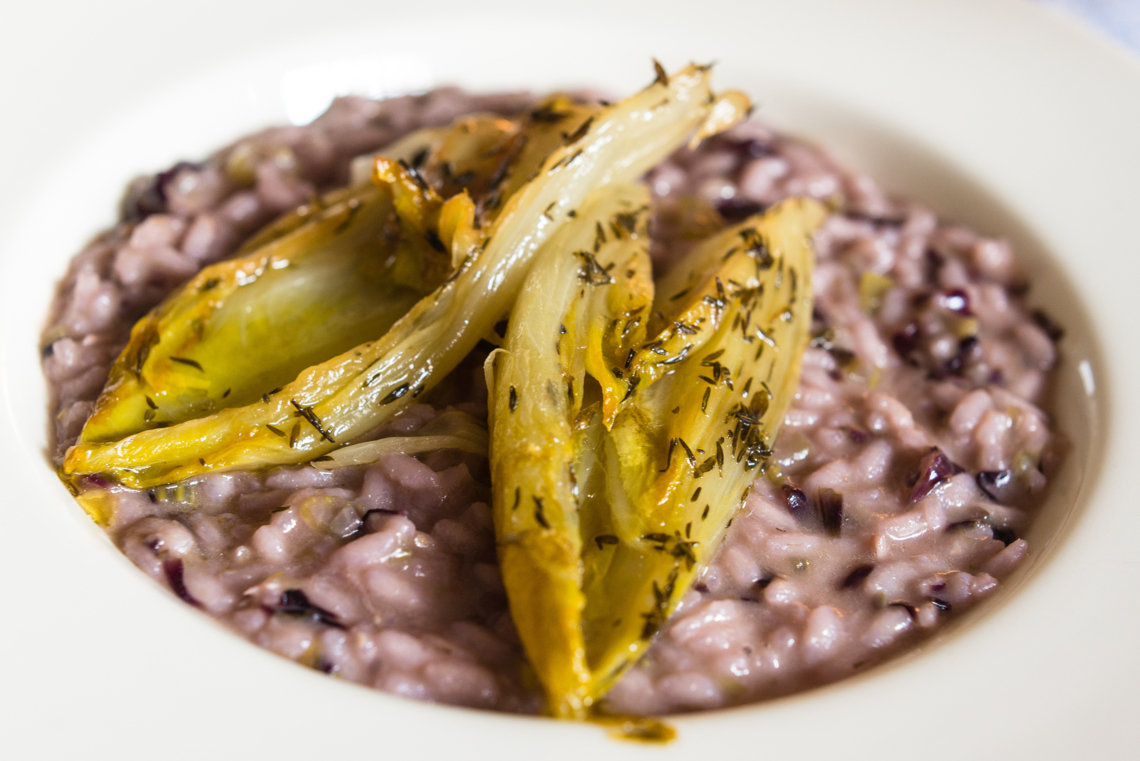
Do you grimace at the idea of eating dandelions or drinking grapefruit juice? That's a pity: you risk missing out on one of the pleasing particularities of Italian cuisine.
"A bitter taste doesn't scare us! We eat everything in Italy, even the white part of the lemon!", jokes Rita, the energetic manager of the Italian grocery Idea Vino in Paris. It's true that bitterness is very prized in Italy, and can pop up at the table at any moment, from "caffei ristretto" swallowed early in the morning, to typical bitters such as Campari or Fernet-Branca sipped as an aperitif or digestif. Not to mention artichokes, citrus fruits, very green olive oil, and above all, endives, including the famous red Treviso variety, the "radicchio rosso di Treviso".
Bitterness, however, is not popular among French people. It's no surprise to learn that, according to works published by the biologist Jacob Steiner in 1973, that all newborns react to a sweet taste with a pleased facial expression, and to bitterness with a grimace. An innate rejection, surely connected with the ancestral spirit of survival. For prehistoric people, who picked plants and berrie for food, bitterness was a sign of toxicity.
No worries of this kind in Italy, though. In this country which has experienced many periods of famine, local, strong-tasting herbs, vegetables and fruits are part of everyday cuisine and enable mammas to give character to their dishes. "We love this little sensory bite, it stimulates the tastebuds", explains Rita. "But be careful! Bitterness is never served alone; it is always counterbalanced by fatty foods or sweetness: "radicchio" is served with charcuterie or creamy dishes such as risottos."
Bitterness also has several digestive and cleansing virtues: it stimulates the secretion of saliva and digestive juices, which helps to eliminate toxins, bateria and other parasites. "Some of my clients come to buy my liqueurs on medical advice", says the trader. Happily, the taste can be learned and practised. Isn't it worth a little effort to tame bittterness?

